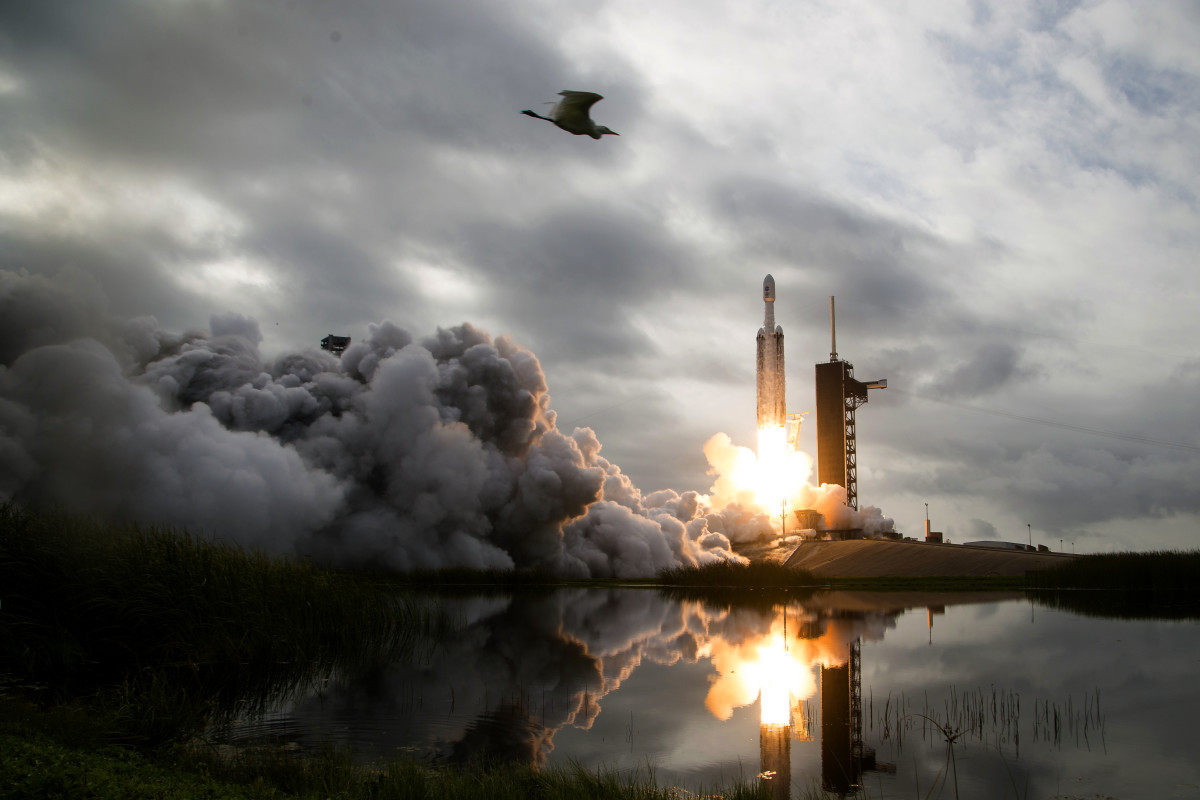
One of Elon Musk's secondary goals with SpaceX is to continue to expand Starlink, that enormous and ever-growing constellation of broadband internet satellites floating in low-Earth orbit. The company, which operates a constellation of around 5,000 satellites, has recently been making efforts to make its way into the hands of more consumers, with tentative dates for direct-to-cell availability live on SpaceX's website.
The company has approval to launch a total of 12,000 satellites and intends to boost its constellation to around 40,000 satellites. Of the roughly 8,700 working satellites floating in low-Earth orbit, SpaceX operates more than half.
And though other companies — like Jeff Bezos' Blue Origin — have goals of establishing their own constellations, SpaceX has a huge lead. For some, the lead is too big.
Related: SpaceX slams report implicating it in a potential threat to 'people on Earth'
In November 2021, Boeing was granted an FCC license to operate a constellation of 147 internet satellites. The company then requested permission to expand this constellation to 5,000. About a year later, the company launched a test of one of its V-Band satellites aboard a SpaceX rocket.
But in September 2023, Boeing relinquished its license, paying the FCC a $2.2 million forfeiture fee.
“We arrived at strategic business decisions regarding our spectrum allocation,” Michelle Parker, vice president of Boeing Space Mission Systems, told Aerospace DAILY.
She said that the 2022 test flight provided plenty of valuable data, expressing Boeing's confidence that the V-Band satellites will eventually be commercialized in the face of rising global demand for satellite connectivity.
“For now, we are not immediately pursuing a V-band constellation,” Parker said. “Boeing continually evaluates its spectrum usage to align with business objectives and industry regulations. We’re prioritizing more immediate growth steps at this time.”
Hop in boys we’re going to Mars
— Elon Musk (@elonmusk) November 1, 2023
The FCC rescinded Boeing's license on Oct. 12.
Responding to the news of Boeing's canceled plans, Musk said: "Competing with SpaceX is tough."
Musk, meanwhile, is getting nearer to the second launch of SpaceX's Starship rocket. The Federal Aviation Administration said Oct. 31 that it has completed its Starship safety review, though flight clearance won't come until the U.S. Fish and Wildlife Service completes its environmental review.
Related: Elon Musk Makes a Big Offer to Major Aerospace Competitor
Get investment guidance from trusted portfolio managers without the management fees. Sign up for Action Alerts PLUS now.







